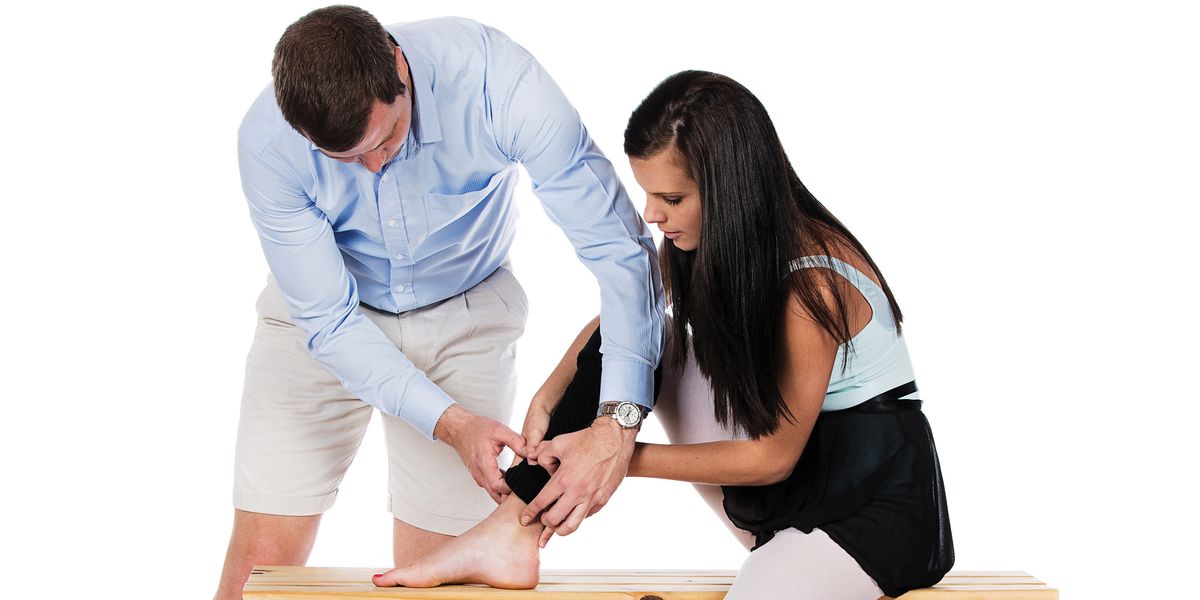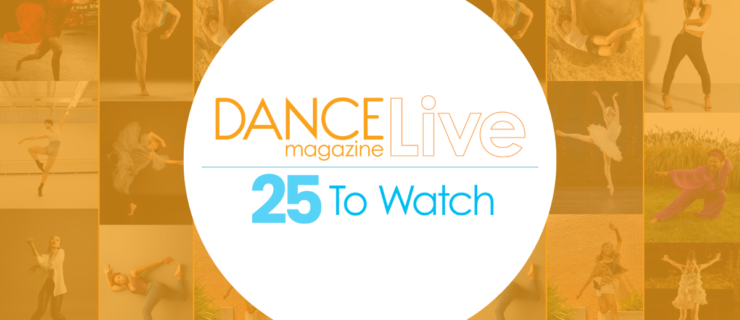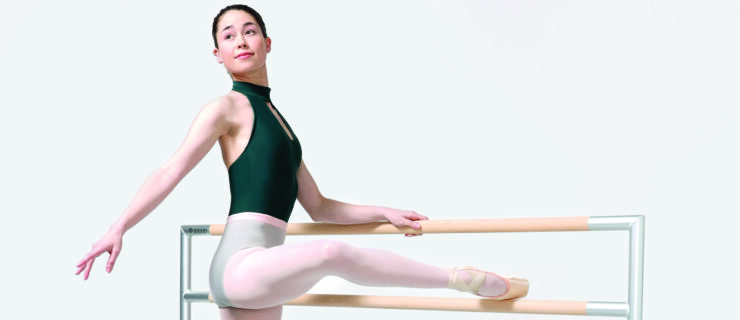How to Deal With Injuries as a College Dance Major
Getting injured during college doesn’t have to ruin your semester. DS asked a professor, a certified athletic trainer, and a student who’s overcome injury how you can deal.
Lauren McIntyre, ATC, certified athletic trainer for The Conservatory of Dance at SUNY Purchase through the Harkness Center for Dance Injuries at NYU Langone Health
“Injuries happen around midterms, performances, and finals, when students get busy and fatigued. Fear can keep dancers from getting seen by a medical professional right away: ‘How will I be graded? What does this mean for my college career?’ Getting a diagnosis helps you figure out how bad it is and how much you can safely work through.
Don’t just skip class. You learn so much from observing! If you truly can’t participate, figure out how to become a rehearsal assistant. Use the resources on campus. The psychology of injury can be devastating; you should be seeing someone from college counseling if possible.
To prevent injuries, remember you are at school to dance. So you can’t live a traditional college life: partying, eating poorly, staying up all night. These lead to fatigue, inflammation, and irritation, not recovery. Plan your cross-training and rest according to when your breaks and concerts will be.”
A SUNY Purchase junior who wished to remain anonymous
“I had ankle pain that kept popping up every semester, so I got an MRI. Turns out there was a tear in my FHL [flexor hallucis longus] tendon. Since then I’ve been out of dance, and I had surgery to repair the tendon at the beginning of this year.
I knew before last fall there was no way I could dance enough to be graded, so I decided instead of
taking the semester off, I would turn my arts management minor into a major. I never really understood how ‘normal’ college students feel. I’ve realized how much study time goes into academic classes. I’m glad I’ve explored subjects other than dance: My mind was opened to things I might want to do after my dance career, and I made amazing friends who aren’t dancers.”
Ann Murphy, associate professor of dance, Mills College, Oakland, CA
“Talk to professors about modifying class, give your body time to heal, and take the advice of the professionals around you. Be transparent with faculty—treat us as your co-problem-solvers. Come to class early to take care of your body’s needs; the professor may not address your particular issues.”
A version of this story appeared in the February 2018 issue of
Dance Spirit with the title “Intro To… Injury?“




